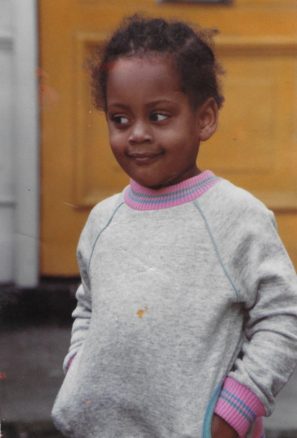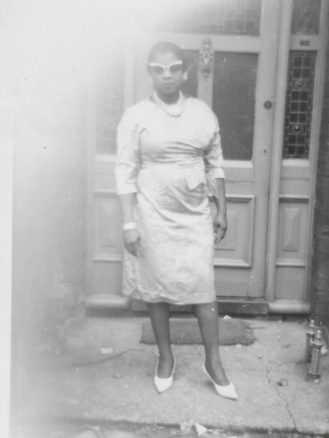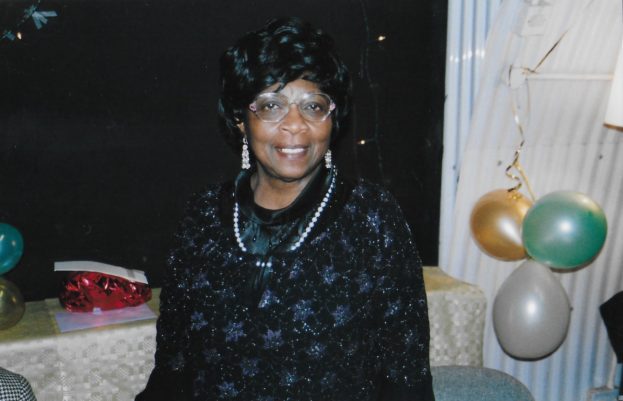
I was born and raised in the city but still people will often ask where I am ‘really’ from. They may mean no harm, but that does not mean no damage is done.

I am British. But as a woman of colour I have never been seen as just British. So, to answer the question many people too often ask: I am half Guyanese and half Jamaican. I am also 100 per cent British.
It was my grandmother who was Guyanese. She was part of the pioneering Windrush generation who left everything they knew, upped sticks and embarked on a journey to Britain with the desire to build a better life for them and their families.
In society, it is not often that we hear something positive about people of Caribbean descent – when it isn’t sport related. That is why commemorations and celebrations such as Windrush Day, which was marked last weekend are so important. It is a moment to celebrate not only where we come from but also where we are going and the amazing contributions our community made to post-war Britain.
Our country was not built just by people from these islands but by people from all across the world who came to Britain to seek a new life and embrace the values personal independence and individual effort. Our parents, grandparents and great grandparents’ contribution to Britain’s history, culture and economy truly matters.
They supported British industry in the factories and across public services; on the railways, driving buses, and caring for those in hospital. They were lawyers, activists, academics and worked in arts and entertainment.

The stories that have been passed down to us from our relatives who were of the Windrush generation show just how important it is to work both with, and within, our community. My grandmother and her friends arrived in London with the name and address of a friend-of-a-friend who pointed them in the direction of lodgings and introduced them to another acquaintance, who turn told them about any work that was available. The informal rotating savings and loan scheme of ‘sou-sou’ (meaning ‘box’ in Guyana) helped them pay for all kinds of things – something I remember my grandmother still doing in the 1990s!
And when she showed me all of her pictures, it is safe to say that her and her friends definitely knew how to make a grey damp day in London look and feel a whole lot more colourful. But of course, it is not all positives. And we should not shy away from discussing the uncomfortable truths and the hardships that have faced our Windrush communities and families like mine.
That is why I was pleased to see the Government acknowledge the hurt, trauma and loss that has been suffered by the men and women of the Windrush generation and open a scheme to compensate those who – through absolutely no fault of their own – did not have the documents they later needed and so were unable to prove their right to live in the UK later in life. They have been hugely disadvantaged whether in terms of getting jobs, owning homes, accessing healthcare or even being able to stay in the country. It is right the Government should now do all it can to right those wrongs.

Many of those who have given so much to this country have been seriously let down. We must not run from acknowledging that truth and ensure that nothing like this can ever happen again. Which is why celebrations such as Windrush Day should be used to open dialogue and promote better integration and social cohesion in our country, particularly with our Caribbean communities.
It is especially important to me as a woman of colour, and the granddaughter of one of the Windrush generation because everything I have, her generation started. They taught us the importance of resilience, perseverance and a sense of public service. Without them our country could not have thrived.
To the risk takers like her who faced the unknown, took a leap of faith and faced much adversity to forge a better life and a brighter future for their families – I want to say thank you, not just on Windrush Day but every day. As a country we owe them a huge debt of gratitude, which is why it is vital that the Government continues to do all it can to go some way towards righting the wrongs they experienced. It is the very least we can do.
